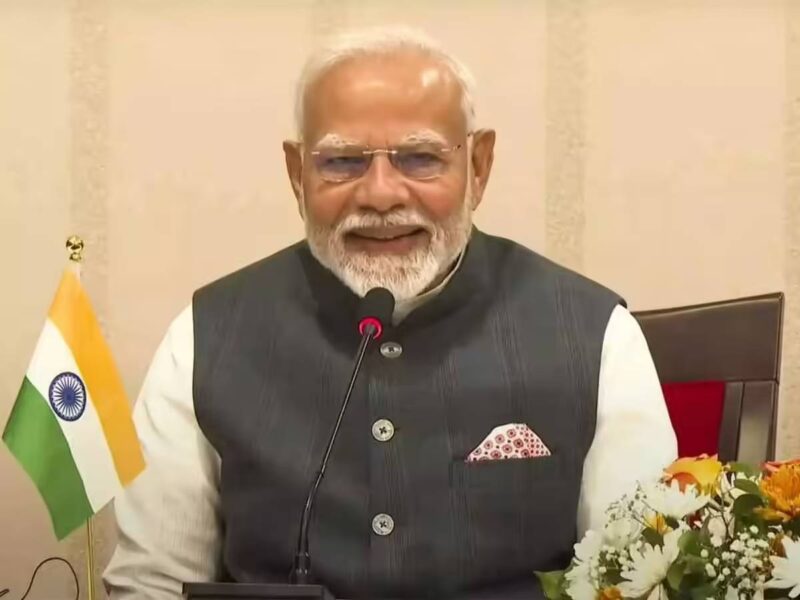Prime Minister Narendra Modi is scheduled to visit Namibia on 9 July as part of a broader five-nation tour, with discussions expected to focus on mineral cooperation, uranium supply and the potential for direct diamond trade.
The visit reflects ongoing efforts to strengthen bilateral ties in areas relevant to resource access and industry collaboration.
Exploring Direct Diamond Trade Routes
Namibia holds significant marine diamond reserves, estimated at over 80 million carats. At present, these rough diamonds are typically routed to India via trading centres such as Antwerp and London. Although Indian companies already operate in Namibia’s diamond processing sector, there is currently no direct export of rough diamonds from Namibia to India.
The visit may include discussions aimed at establishing more direct trading arrangements. This could simplify logistics and sourcing processes for Indian manufacturers, particularly given India’s prominent role in the global diamond cutting and polishing sector.
India’s investments in Namibia, totalling over $800 million across sectors including mining and diamond services, underscore the existing commercial ties between the two countries.
Critical Minerals and Industrial Supply Chains
Namibia’s mineral reserves include cobalt, lithium and rare earth elements—resources that are increasingly important to India’s energy and manufacturing sectors. These materials are used in electric vehicles, battery technology and electronics manufacturing.
Officials have indicated that the visit may explore mechanisms for bilateral cooperation in mineral exploration and development. Secretary (Economic Relations) Dammu Ravi noted, “We have to find ways to get bilateral understanding mechanisms to be able to capture that,” referencing the opportunities presented by Africa’s mineral resources.
Such engagement may support India’s efforts to broaden its supply sources for these materials through international partnerships.
Uranium Supply for Civilian Nuclear Energy
Namibia is the third-largest uranium producer globally and a potential long-term supplier for India’s civilian nuclear energy programme. Indian officials are reportedly considering options for securing uranium through direct supply agreements, as part of broader efforts to support energy infrastructure development.
New mining operations in Namibia are expected to increase uranium output, and the visit may provide an opportunity to formalise cooperation in this area.
Reinforcing Bilateral and Sectoral Cooperation
Talks are also expected to cover trade, digital infrastructure, and other areas of bilateral interest. As part of the visit, Prime Minister Modi will address Namibia’s Parliament—the first such engagement by an Indian leader in nearly three decades.
The Namibia stop is part of a wider diplomatic initiative that also includes visits to Ghana, Argentina, Brazil, and Trinidad & Tobago. These visits focus on economic collaboration, critical mineral access and technological cooperation. In Namibia, the emphasis remains on advancing discussions related to mineral trade and energy resources, areas of relevance to industrial sectors including the jewellery industry.




